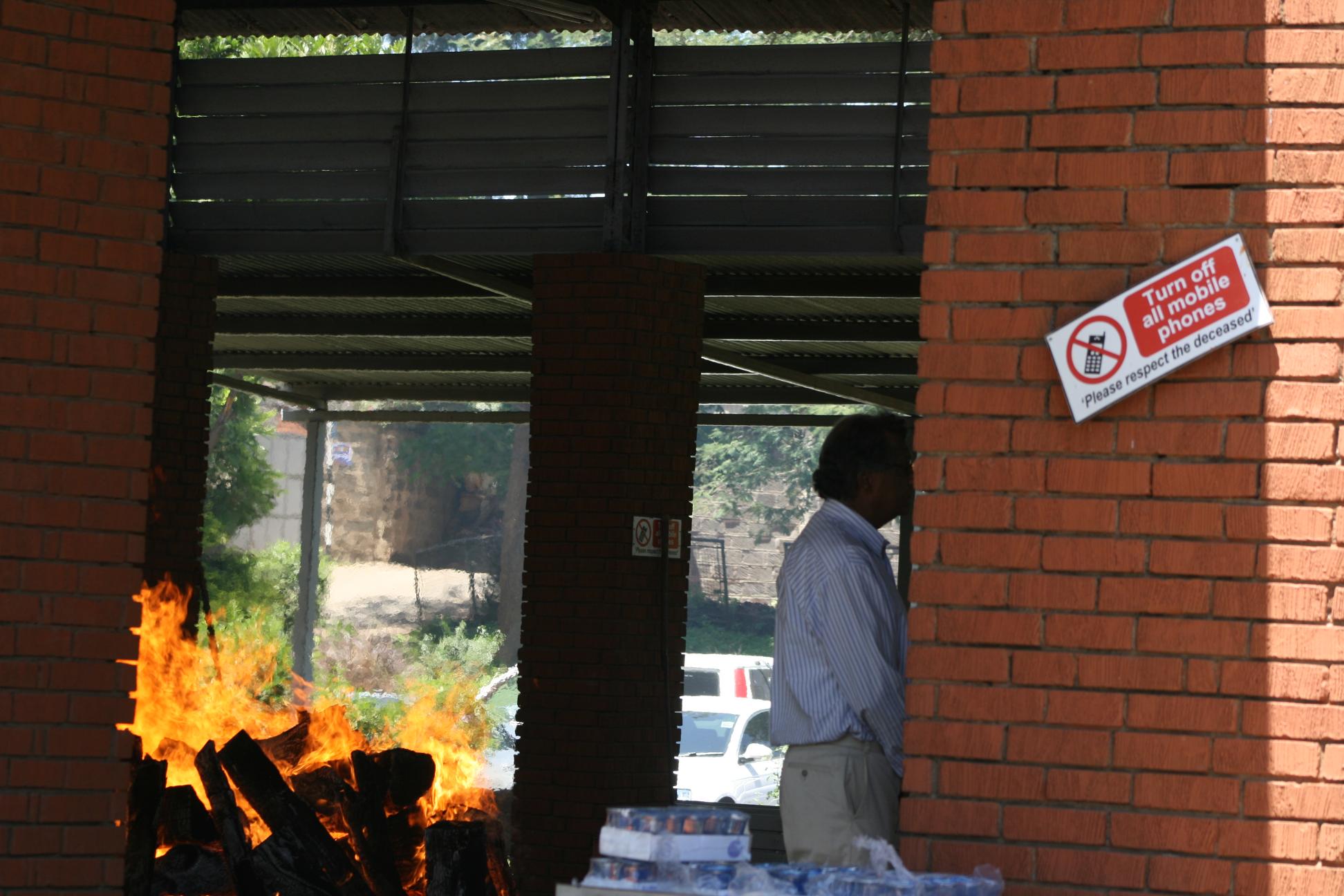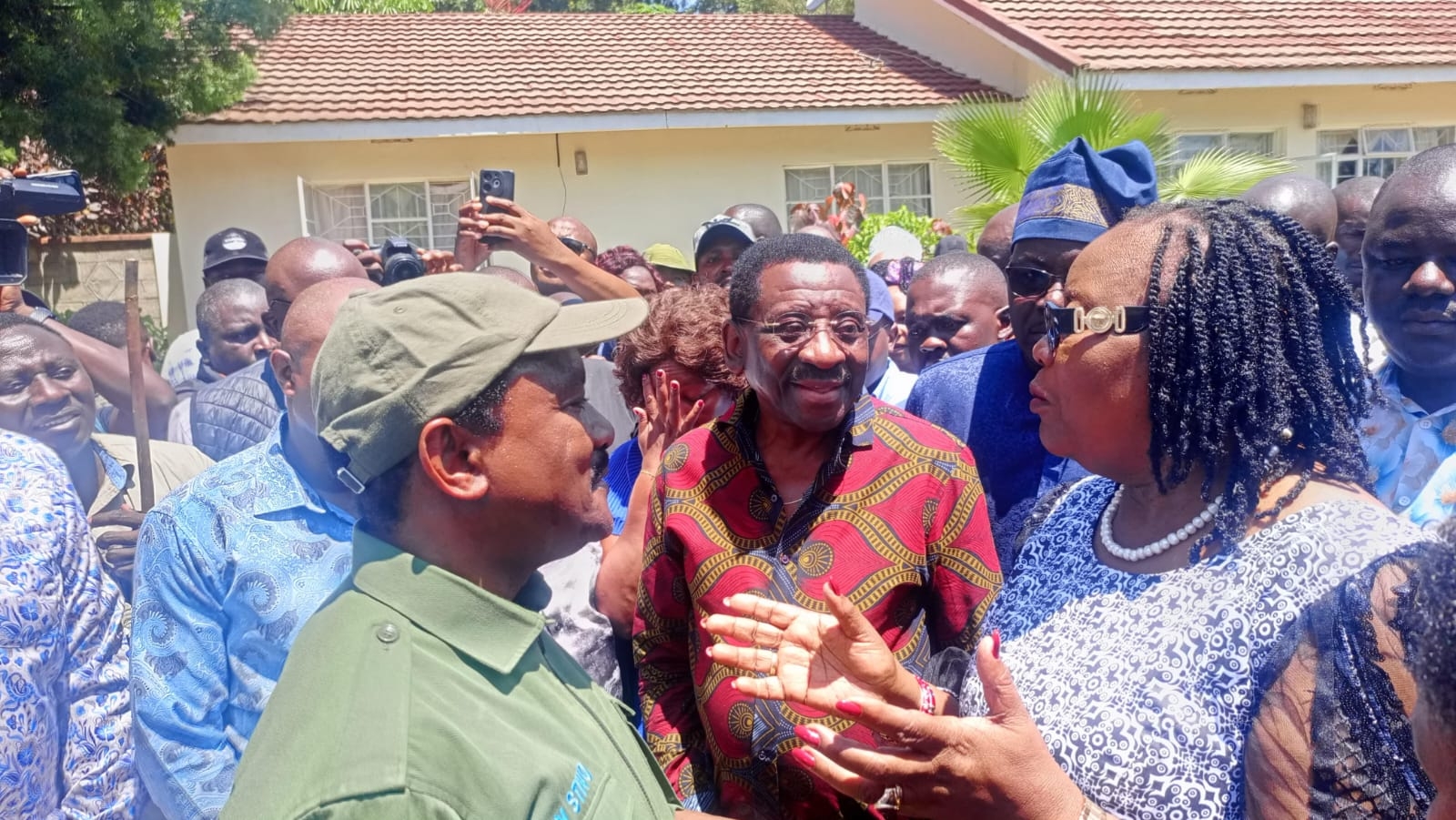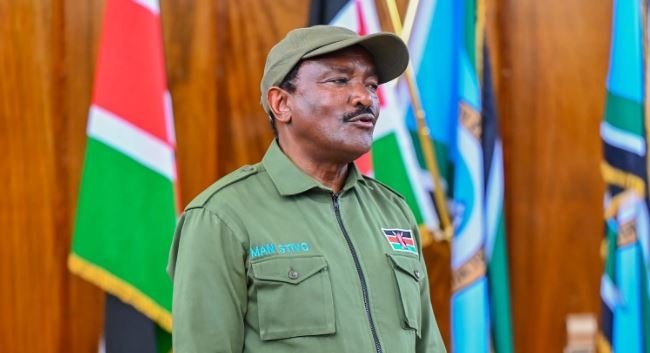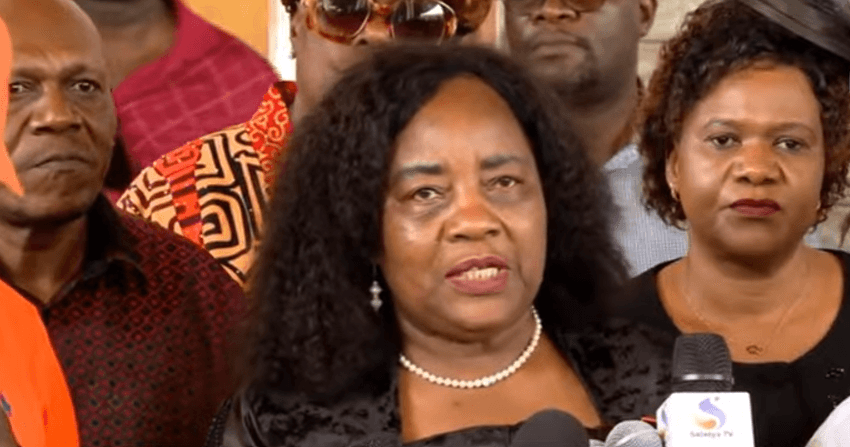
He has been cremated far from the green hills of his native Limuru, in a private ceremony in the United States, according to his will but against the grain of Gĩkũyũ custom, which esteems burial and ancestral rootedness. Some pundits now ponder on the meaning of this.
But then again, Ngũgĩ was never one to yield to convention. Neither in life nor in death. Like his famously unkempt yet intentional hairstyle, he chose to remain aesthetically and ideologically askew from the mainstream.
His choice of cremation was not a mere personal eccentricity; it was a continuation of his lifelong rebellion against imposed forms of identity, culture and ontology.
To contemplate Ngũgĩ’s death is to confront a provocation: how shall we mourn a man whose life was a refusal to be muted? How do we lay to rest someone who never stopped moving the centre both metaphorically and metaphysically?
His death invites us into a deeper reckoning, not merely with his legacy but with the world he struggled to rewrite.
The sage understood language not as ornament but as ontology. To speak in one’s mother tongue is not merely to express thought; it is to exist with a fullness of self.
To write in Gĩkũyũ was, for him, a radical metaphysical act. In it he reasserted a kind of interior legitimacy long denied by colonial epistemologies. When he turned from English to Gĩkũyũ, he did not abandon communication. He abandoned complicity.
To translate oneself perpetually, to think in another’s syntax, is to dislocate the self at its core. For Ngũgĩ, colonisation was political, economic and existential. It was the displacement of African being from its natural linguistic habitat. Thus, decolonisation, in his philosophy, was not a metaphor but a metaphysics: the reclamation of the right to be, to feel, to create in one’s indigenous terms.
Viewing the restoration of cultural dignity as the restoration of rightful harmony was to him a normal perspective inherent in his multiple writings.
His mind was of the opinion that to return to one’s linguistic origin is akin to water flowing back to its natural course. Not easy. But necessary. It is this that in my own mind qualifies him both as an important African thinker and a global philosopher of balance, dislocation and return.
The celebration of Madaraka Day, commemorating Kenya’s self-rule, on the same day that his cremation news was made public, poses a question too easily overlooked: which self is ruling? Ngũgĩ’s philosophical intervention was to reveal that colonialism did not only transfer power from the colonised to the coloniser. It transferred the definition of selfhood itself. Postcolonial governance may speak of sovereignty, but the great teacher warned: sovereignty without interior emancipation is mimicry.
We rule our selves today. But often, isn’t it really through borrowed ideologies, in borrowed languages, applying exotic economic models, like bottom-up, with little regard for their contextual misalignment?
Jean-Paul Sartre declared man condemned to be free, but our fallen scribe sharpened the premise: unless one is free in one’s own tongue, freedom remains a masquerade.
The ontology of liberty, as he framed it, is not chronological but existential. It is not marked by dates on national calendars, but by the awakening of cultural consciousness. Liberty is not a flag. I prefer to think of it as a frequency. Until we recompose the African self, until we unmask the colonial identity veiled beneath our democratic garb, we remain suspended in an illusion of autonomy.
Here, Marxist and feminist critiques intersect with Ngũgĩ’s thought. He exposed colonialism not simply as territorial conquest but also as ideological capture. The colonised, like the oppressed woman in patriarchy, was not just silenced but written out of the narrative of value. “Moving the centre,” then, is not a symbolic act; it is a revolutionary redistribution of epistemic power.
Modernity, for him, was not progress. It was a kind of consummate amnesia. It taught us to mistake dislocation for development.
A people can build highways, hold elections and speak fluent English, and yet be fundamentally alienated from their roots. Alienation, as he saw it, was as psychological as it was ontological. A nation can achieve independence and yet remain ideologically colonised.
To describe this condition, the maestro invoked the metaphor of inherited minds, those that speak eloquently in the tongues of their masters, while stammering in the languages of their mothers. In a society where borrowed gods are worshipped, where borrowed metaphors define beauty and truth, development becomes a sacrament of displacement.
The aesthetic perspective reveals the stakes more clearly. Who determines what is beautiful? What qualifies as literature? Whose pain is worth narrating? Ngũgĩ challenged the aesthetic hegemony of the West, insisting that African beauty, form and cadence were not secondary. They were central. Not because they needed to be but because they always were.
Now our high priest of literary arts is dead. And yet, he is not. His passing, devoid of the spectacle of state funeral or the heaviness of nationalist eulogy, was eerily congruent with his own philosophy.
He chose cremation not to reject tradition but perhaps to remind us that legacy is not held in bones but in breath. His family spoke of him not wanting a formal interment. Instead, he wished to be remembered in spirit, through the ideals he stood for and the lives he touched.
In this, there is something transcendental yet deeply African, too: a rejection of material permanence in favour of symbolic continuity.
Death, for the great writer, is not a rupture but a re-entry. He is now everywhere. In the tongue of a child learning Gĩkũyũ. In the courage of a student writing in Kiswahili. In the silence between generations learning again how to name their world without apology, including the great Gen Zs.
His absence becomes presence. Behold, indeed, a paradox common to prophets and visionaries. And so, his death is not a cessation but a provocation. We cannot turn to him anymore; we must turn to ourselves. We must become not his disciples but his questions. He has moved the centre of reason again, for us.
As we heed his call for the decentralisation of Western epistemes and re-centring of indigenous thought, not to invert hierarchy but to dissolve it altogether, we ought to go beyond geographies of power now. We must assert the spirit of his voice now outside the topography of his transformed body.
By fire he is gone, by faith and act, we, writers of Kenya who he has left behind, will and should sustain the fire of his liberational legacy. A luta continua.



















